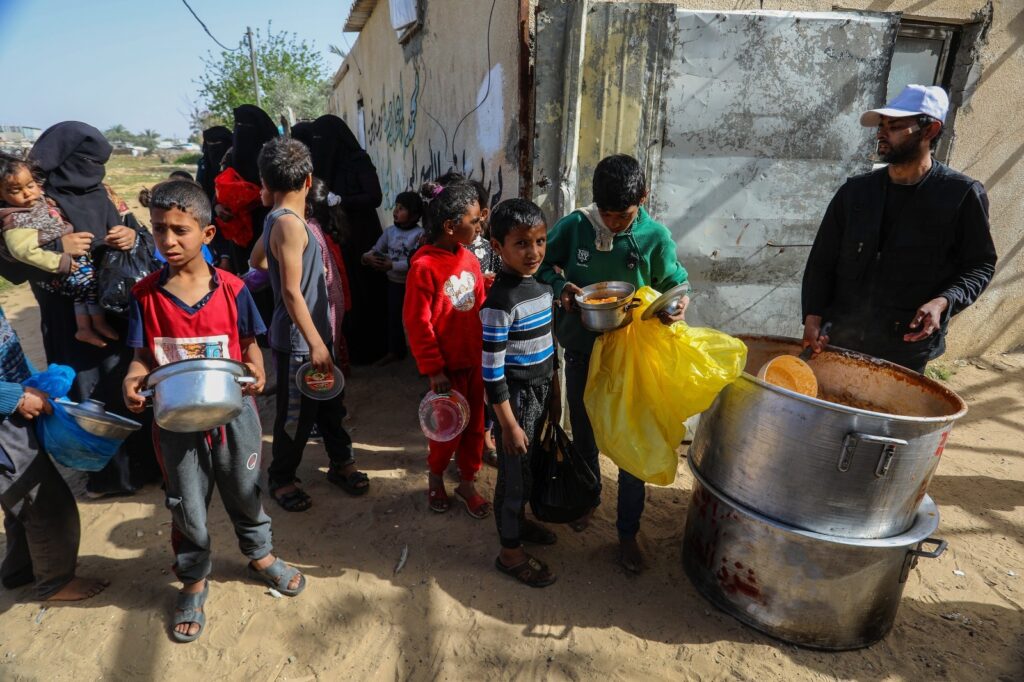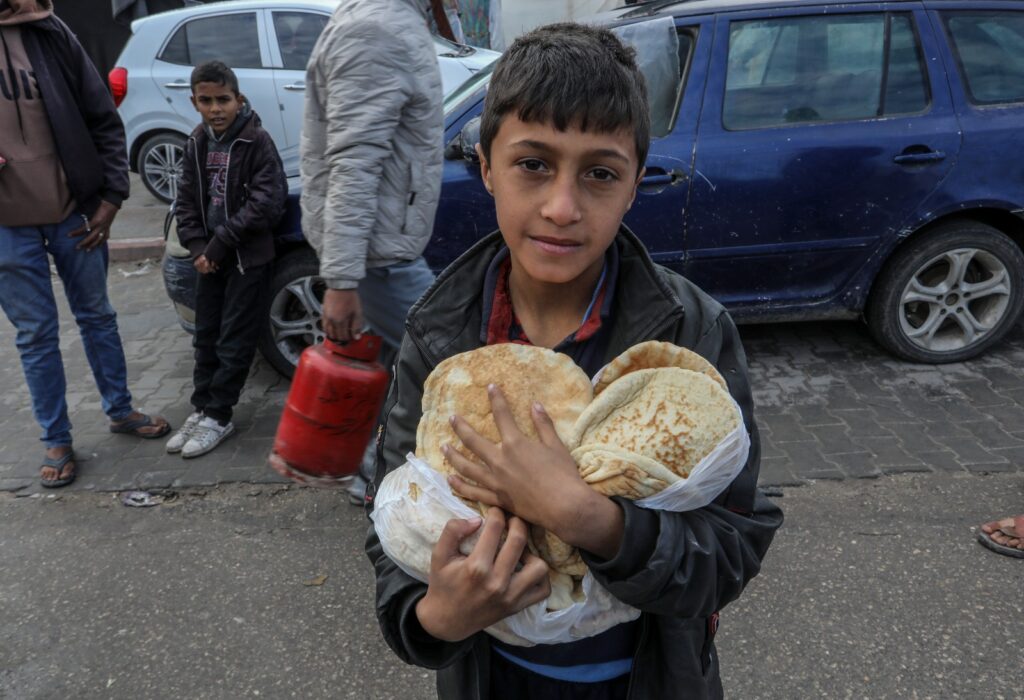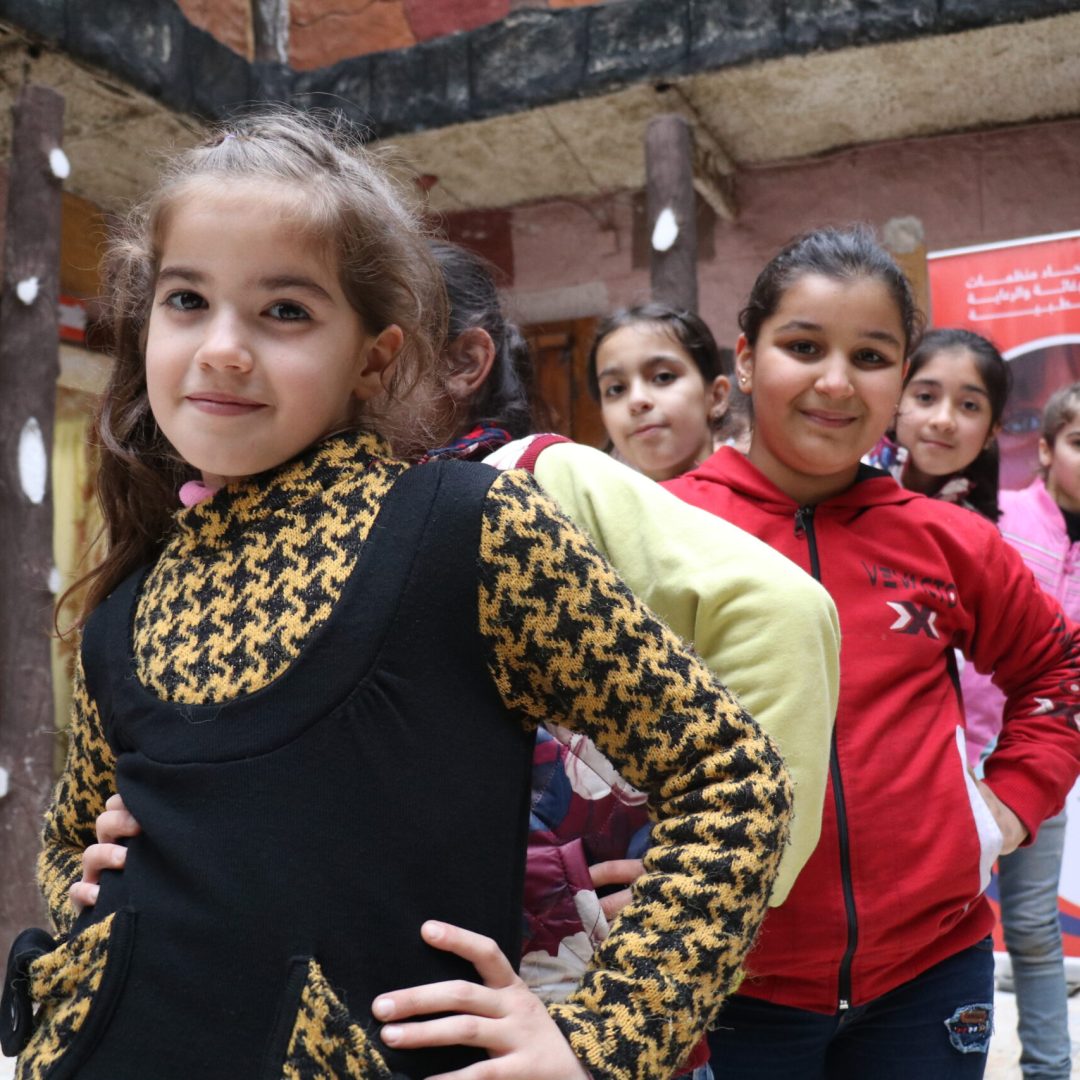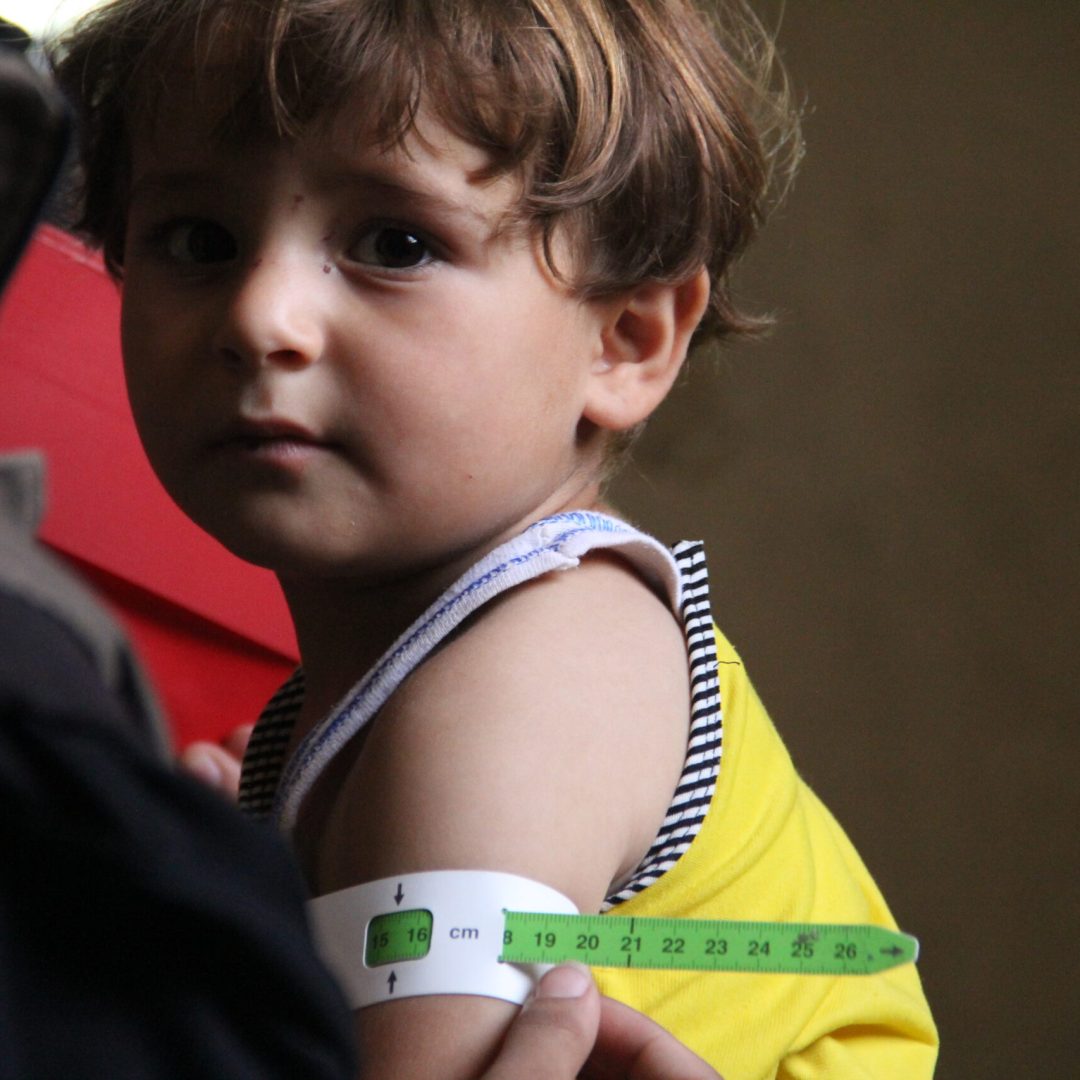
The World Health Organization (WHO) estimates that at least 25% of those injured have sustained life-changing injuries, such as limb amputations, traumatic brain injuries, and severe burns. These injuries require urgent rehabilitation now and ongoing support in the future. Nearly the entire population of Gaza has been displaced, many of them multiple times, with no safe place to seek refuge.
The World Health Organization (WHO) estimates that at least 25% of those injured have sustained life-changing injuries, such as limb amputations, traumatic brain injuries, and severe burns. These injuries require urgent rehabilitation now and ongoing support in the future. Nearly the entire population of Gaza has been displaced, many of them multiple times, with no safe place to seek refuge.
Humanitarian access to Gaza remains blocked, with Palestinian aid trucks unable to reach those in need. Thousands of Palestinians are arbitrarily detained, subjected to torture and inhumane treatment, with no information on their whereabouts. Civilians are facing extreme deprivation, with limited or no access to healthcare, food, electricity, or humanitarian aid. Children have missed an entire year of education, as schools sheltering displaced families have been repeatedly shelled.
Health-care workers and hospitals have been systematically targeted, and aid convoys have been continually blocked or even attacked. Only 17 of Gaza’s 36 hospitals remain partially functional. Primary healthcare and community-level services are frequently suspended due to insecurity, attacks, and evacuation orders.
Based on its vision to save lives and build hope, UOSSM (Union of Medical Care and Relief Organizations) continues to deliver critical healthcare services on the ground. Since June 2024, UOSSM has served over 18,000 people, the majority of whom are children and women, through its four medical points. The organization provides emergency medical aid, essential medications, and urgent referrals for serious cases.
UOSSM’s mission is not only to provide emergency healthcare but also to build a brighter future by enhancing local capacities. In response to the tragic loss of healthcare workers, UOSSM, in collaboration with Caritas Jerusalem, began providing training for medical staff on September 30, 2024. This training includes the following health topics:

In light of the ongoing humanitarian crisis, there is an urgent need for donations to support relief efforts in Gaza. By donating, you can help provide essential medical care, food, water, and shelter to those affected by the conflict. Every donation, no matter how small, can make a significant difference in saving lives and alleviating suffering.
Organizations like UOSSM are on the ground delivering critical healthcare services, but they need more support to continue their work. Your contribution can help ensure that hospitals remain operational, medical supplies reach those in need, and families can begin to rebuild their lives.
Sign up to receive frequent email updates on our projects and initiatives. Stay informed and connected with our work, making a difference with each update. Join us now!







